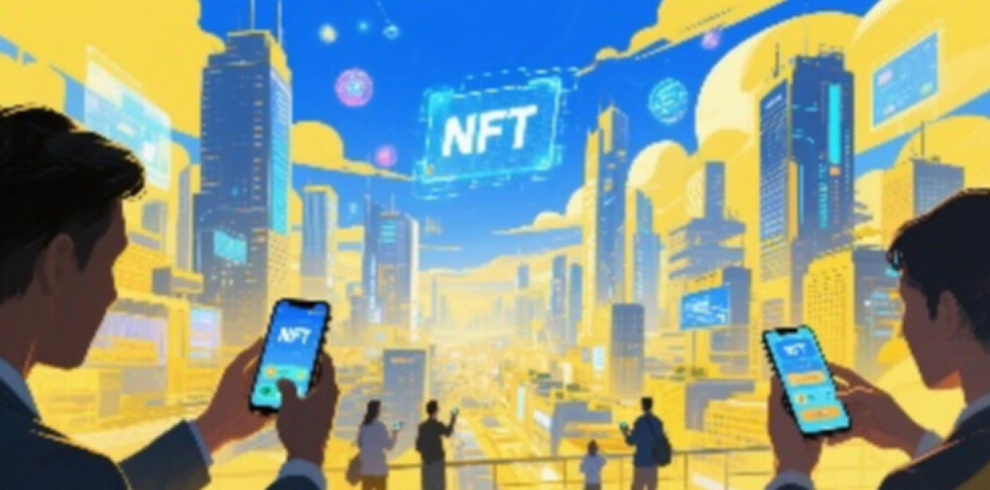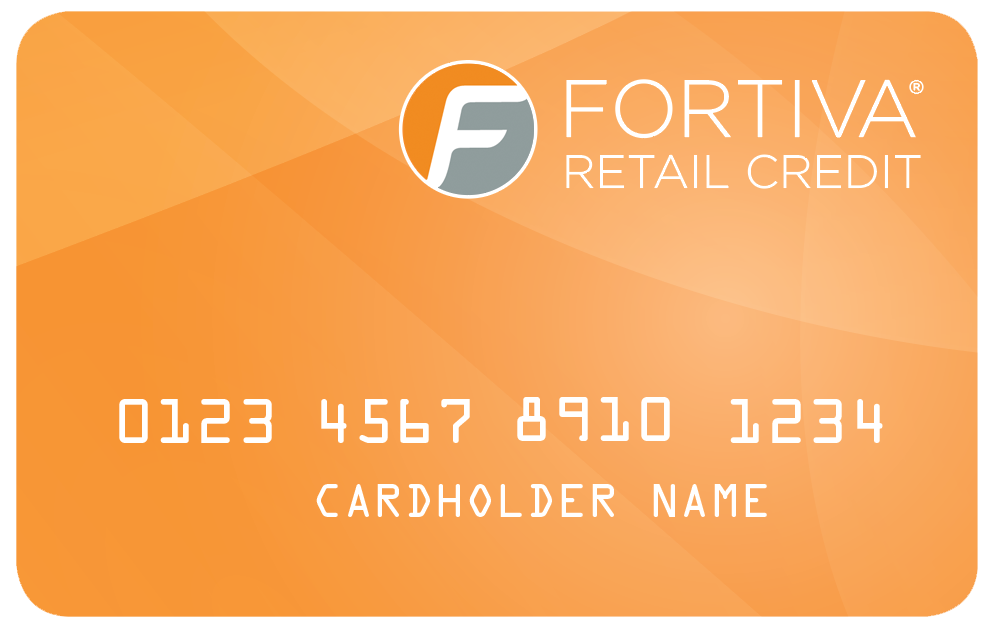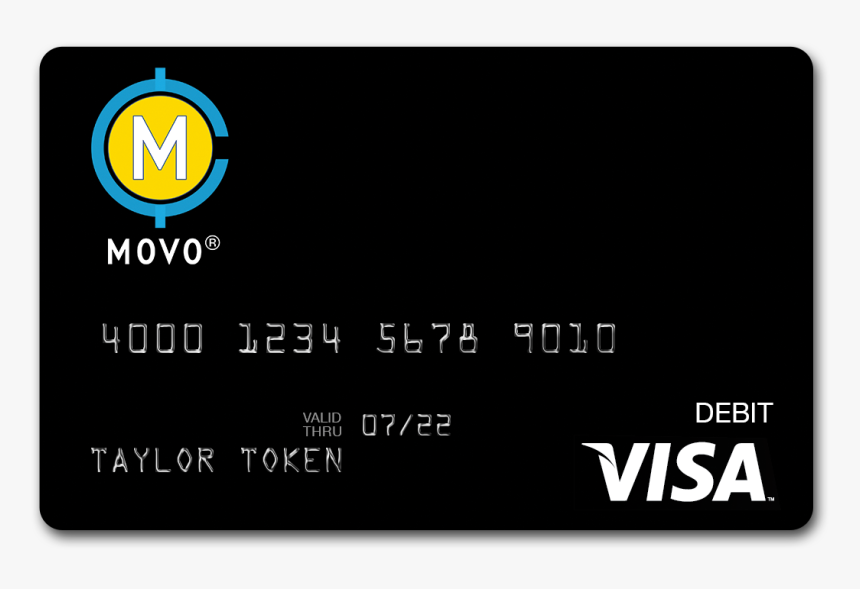NFTs Beyond Art: The Rise of Digital Ownership in Real Estate and Finance

Once synonymous with digital art and collectibles, non-fungible tokens (NFTs) are transcending their niche origins, revolutionizing industries far beyond the gallery walls. In real estate and finance, these blockchain-based assets are redefining concepts of ownership, transparency, and accessibility, offering solutions to age-old inefficiencies. As Western audiences increasingly embrace digital innovation, NFTs are proving their utility as tools for transforming tangible and financial assets into secure, tradable digital representations.
Real Estate: From Deeds to Digital Titles
The real estate sector, plagued by cumbersome paperwork, opaque transactions, and high intermediary costs, is undergoing a quiet revolution through NFTs. By tokenizing property ownership, NFTs convert physical deeds into immutable digital records stored on blockchain, streamlining processes while enhancing security. For instance, platforms like Propy have already facilitated the sale of luxury properties in markets like Miami and Dubai, where buyers purchase fractional or full ownership via NFTs, eliminating the need for lengthy title searches and notary interventions.
In Europe, the Dutch government piloted a project using NFTs to register property ownership, reducing administrative delays by 70% and creating an auditable trail of transactions. These digital titles are also enabling fractional ownership, allowing investors to buy shares in high-value assets—such as a Parisian apartment or a Napa Valley vineyard—through NFTs, democratizing access to previously illiquid markets. Real estate NFTs even integrate smart contracts, automating rent collection, lease agreements, and dividend distributions, ensuring seamless interactions between owners and tenants.

Finance: Tokenizing the Traditional Financial System
In finance, NFTs are digitizing traditionally complex instruments like bonds, securities, and even insurance policies. Companies such as Harbor and Securitize are using NFTs to represent fractionalized securities, enabling compliant trading of assets like private equity and real estate investment trusts (REITs) on blockchain marketplaces. This tokenization not only enhances liquidity by breaking large assets into tradable units but also allows for 24/7 trading, bypassing the restrictive hours of traditional exchanges.
The bond market, too, is embracing NFTs. In 2023, a European fintech issued the first government-backed bond as an NFT, reducing settlement times from days to minutes while providing real-time visibility into ownership structures. In decentralized finance (DeFi), NFTs represent collateralized debt positions, rare art-backed loans, and even carbon credits, creating interoperable assets that bridge traditional and digital finance. These applications challenge the monopoly of legacy financial institutions, putting power back into the hands of individual investors through peer-to-peer transactions.
Overcoming Challenges: Regulation and Adoption
While the potential is staggering, widespread adoption hinges on resolving regulatory ambiguities. Governments like the U.S. and EU are grappling with classifying NFT-backed assets—are they securities, commodities, or something new? Clarity is essential to protect investors without stifling innovation. Additionally, user education remains a hurdle; many still associate NFTs with speculative art bubbles rather than practical financial tools. Platforms must prioritize user-friendly interfaces and robust security measures to build trust, especially as cyber threats evolve.
Yet, the momentum is undeniable. Real estate agencies in New York now list properties with "NFT ownership options," and major banks are exploring blockchain-based NFT solutions for cross-border payments. As millennials and Gen Z—who grew up in the digital age—inherit more wealth, their preference for seamless, tech-driven solutions will accelerate NFT integration into core financial systems.

The Future of Ownership: Digital and Decentralized
NFTs are not just tools for digitization; they symbolize a shift toward decentralized ownership, where individuals control assets directly, free from intermediary bottlenecks. In real estate, this means faster transactions, global investment opportunities, and unalterable proof of ownership. In finance, it signals a democratized marketplace where even the smallest investor can access sophisticated instruments through secure, transparent tokens.
As the Western world navigates this digital frontier, the question is no longer "Can NFTs work beyond art?" but "How quickly can industries adapt to this new paradigm?" With practical use cases already delivering tangible benefits, NFTs are poised to become the backbone of a global economy where ownership—whether of a Manhattan condo or a corporate bond—exists not just on paper, but in code, accessible to anyone, anywhere. The rise of digital ownership is here, and its impact will echo far beyond the blockchain.
(Writer:Wanny)





